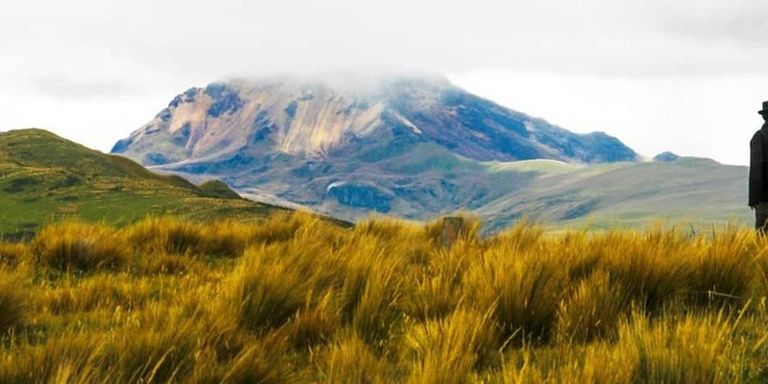RESOURCES
We present instruction videos, a Green School Kit, and videogames. These are all materials that teachers and students will be able to use in schools to turn children into brave superheroes with the mission of saving the planet.
Instead of teaching science by memorizing the lives and theories of long gone scientists, this video motivates your students to do science, learn about climate change and make a difference.
Help your students explore questions about climate such as: Can humans change the climate? and What’s the difference between a climatologist and a meteorologist?
Turn your students into energy experts, ready to talk about energy and identify renewable and nonrenewable sources.
Your students will learn about their ecologic footprint and understand that by joining forces we can face the challenge of climate change.
Your students will learn about different energy sources and understand that each of us can contribute to the Earth’s energy balance.
Your students will learn about renewable resources and how they help the planet.
Your students will learn about energy efficiency, how to lower energy consumption and the value of clean energies.
Empower your students with knowledge about water sources on the planet, the water cycle, and water saving habits
Your students will learn how water pollution alters life on earth, affects our health, and has endangered many of the world’s species. By learning about water, each of us can contribute to balance and water conservation.
Knowledge of the relationship between water conservation and natural phenomena can be critical to prevent disasters. Partner with your community to protect the natural water cycle.
Your students will learn what the soil has to do with the quality of what they eat.
Explore how food production contributes to climate change and the sustainability of different agricultural production systems.
Millions of people go hungry despite an abundance of food on our planet. Sensitize your students about the importance of food security and sovereignty to reduce hunger and malnutrition on Earth.
You can help create a healthy environment for yourself and those around you. Humans have produced environments that are not very healthy, but it's time for change!
Your students will understand that caring for the planet is to ensure health and economic development for future generations. This is what sustainable development is all about.
Your students will learn about landscapes, ecosystems and how to protect them.
he planet has changed since its inception and is permanently transformed. Your students will learn about the human impact on the landscape. They will also learn about biodiversity and its importance in the preservation of life.
For a city to be truly sustainable, it needs to coexist in balance with its surroundings.
¿Heat Islands? These are not places to spend a nice beach vacation. Learn all about heat islands and how to prevent them.
You could even start new fashion trends if you reflect, reutilize, respect, recycle and reduce your consumption. This video will help you become a responsable consumer.
Explore how to become responsible a consumer. Happiest is not he who has more, but he who needs the least.
We all want to leave a mark on the world, but it better not be an ecological mark. Your students will learn to make positive decisions about what they consume and discard. They will learn about our ecological footprint, carbon footprint, ecodebit and ecocredit, guiding them to make good decisions to care for our planet.
